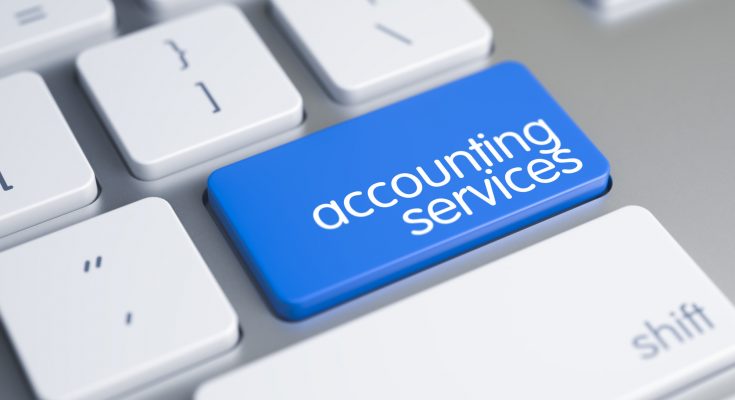As a Certified Public Accountant (CPA), it is important to ensure compliance with the rules and regulations of accounting. Compliance with CPA accounting ensures accuracy and consistency in financial reporting. This helps to protect investors, creditors, and other stakeholders from potential losses due to errors or omissions in financial statements.
The rules and regulations of the Certified Public Accountant (CPA) profession are designed to ensure public trust and confidence in the accounting profession. To comply with these regulations, it is important to understand the various aspects of CPA accounting and how they affect your business.
How To Stay Compliant with CPA Accounting?
- Have a Clear Understanding of the Roles and Responsibilities
As a Certified Public Accountant, it is important to understand your professional responsibilities clearly. This includes understanding what types of services you are authorized to provide and any restrictions on those services. Additionally, it is important to keep up to date with all relevant state laws, professional codes, and ethical standards that apply to your practice. If ever in doubt, consult a professional association or legal advisor. Keeping records of client interactions and other activities related to your practice is also important.
- Maintain Professional Records and Documentation
In addition to clearly understanding your roles and responsibilities as an individual CPA or a CPA accounting firm, you must maintain accurate records and documentation for each client or job you work on. This will help protect you from potential liability should any issues arise regarding the accuracy or reliability of the information provided in your services. Additionally, maintaining good records will make it easier for you when it comes time for annual reviews or audits by state boards or other governing bodies.
- Understand the Financial Reporting Requirements
Another important aspect of staying compliant with CPA accounting is understanding the various financial reporting requirements that may apply depending on the type of business or organization being served. For example, suppose you are providing accounting services for a publicly traded company.
In that case, there will be additional financial reporting requirements, such as audited financial statements and annual reports that must be completed following Generally Accepted Accounting Principles (GAAP). You must understand these specific requirements to remain compliant while also providing quality services.
- Utilize Technology and Automation Strategies
Technology and automation are becoming increasingly important for CPA accounting firms. Utilizing technology can help streamline processes, reduce errors, and increase efficiency. Examples of technology and automation that can be utilized include document storage systems, cloud-based software platforms, automated data entry systems, and more. Additionally, most technology solutions will come with detailed manuals or training sessions to ensure that you and your staff effectively and efficiently utilize the system.
- Follow Professional Codes of Conduct
You must adhere to the professional codes of conduct set forth by the CPA profession. This includes always being honest and ethical when providing client services, avoiding conflicts of interest, maintaining appropriate levels of confidentiality, and more. Taking the time to understand and adhere to professional codes of conduct will help ensure that you remain compliant with CPA accounting regulations and maintain the trust of your clients.
- Stay Up to Date with Accounting Standards
It is important to stay up to date on any changes in regulations or accounting standards that may impact your practice. This includes changes to professional codes, taxation laws, and other related areas. Taking the time to keep up with these changes will help ensure that you remain compliant and continue to provide quality services for your clients. It will also help to ensure that you meet all applicable CPA accounting standards.
- Seek Professional Guidance When Needed
It is important to remember that CPA accounting can be complicated and when in doubt, you should seek guidance from a professional. This can be in the form of legal counsel, tax advisors, or other CPA bookkeeping services professionals who may have more experience with specific areas of regulation or accounting standards. Seeking professional guidance will help ensure you remain compliant while providing quality services to your clients.
- Work with Other Professionals
Working with other CPA accounting experts can help you stay compliant and up to date on industry trends. Consider joining a professional group or attending conferences and seminars to stay current on trends, laws, and best practices. This will assist you in ensuring that you provide quality services while maintaining compliance with CPA accounting requirements.
The Conclusion
Although there are numerous complex rules and regulations governing CPA accounting, adopting the following advice will help to assure compliance with those requirements while delivering high-quality services to clients or employers. To remain compliant with CPA accounting rules and guarantee accuracy and dependability in all services offered, it is crucial to have a clear grasp of roles and duties, maintain professional records & paperwork, and comprehend financial reporting needs.



